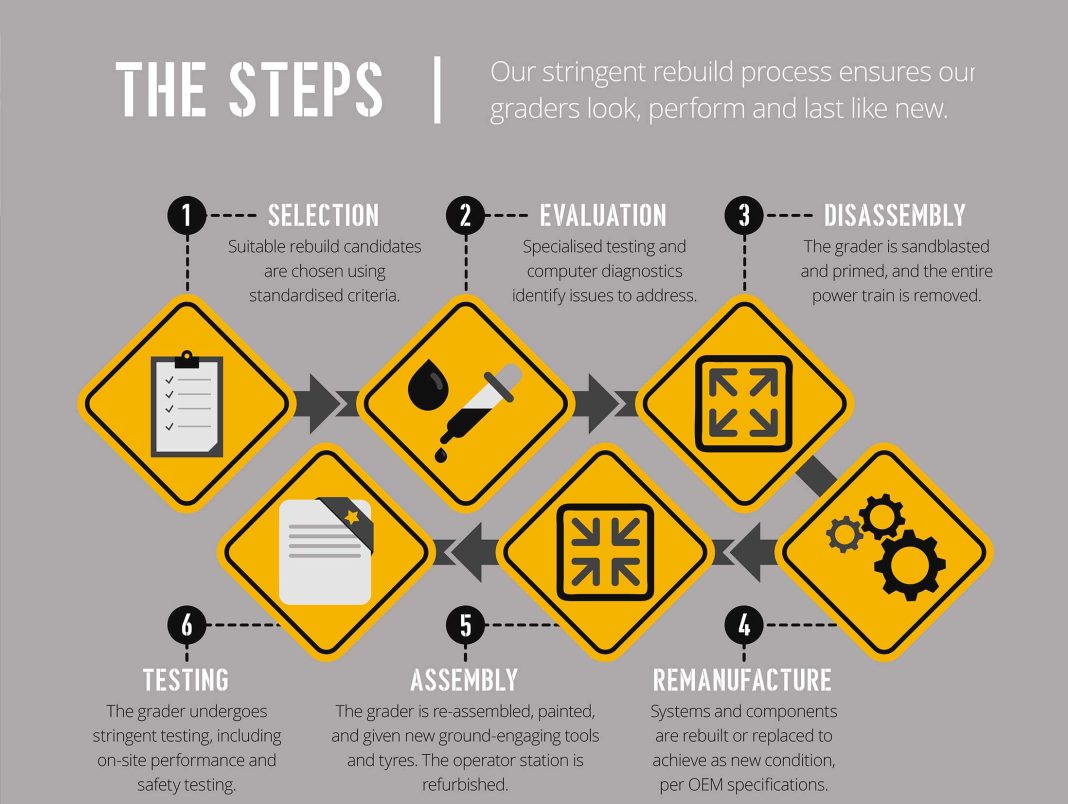 Retirement planning can be a complex and confusing process, especially when it comes to understanding how Social Security works. According to the Nationwide Retirement Institute 2023 Social Security Survey, only about 1 in 8 adults know when they’ll be eligible for full retirement benefits through Social Security. This lack of knowledge is compounded by the fact that fewer people over the age of 50 know if they may be eligible for Social Security benefits based on an ex-spouse’s record or if benefits are available for their spouse or children.
Retirement planning can be a complex and confusing process, especially when it comes to understanding how Social Security works. According to the Nationwide Retirement Institute 2023 Social Security Survey, only about 1 in 8 adults know when they’ll be eligible for full retirement benefits through Social Security. This lack of knowledge is compounded by the fact that fewer people over the age of 50 know if they may be eligible for Social Security benefits based on an ex-spouse’s record or if benefits are available for their spouse or children.
To shed some light on these common misconceptions, let’s explore some key Social Security topics that financial professionals find are often misunderstood.
1. Working Might Mean a Smaller Social Security Check
Many individuals are unaware that claiming Social Security before reaching full retirement age can result in a reduction of benefits if they continue to earn income. The threshold for this reduction is not very high. For example, in 2024, if you’re not yet at full retirement age, you’ll lose $1 in Social Security benefits for every $2 you earn above $22,320. It’s crucial to be aware of this penalty and report your earnings, even though many people fail to do so. Failure to report can result in a bill from the Social Security Administration (SSA) for the income they want back, although it may take them some time to make the necessary adjustments.
2. Social Security is Taxed
Contrary to popular belief, Social Security benefits are not tax-free. If the combination of 50 percent of your Social Security benefit plus any other earned income exceeds $25,000 a year for individuals or $32,000 a year for joint filers, federal taxes come into play. It’s important to request tax withholding from Social Security to avoid any surprises during tax season.
3. When One Spouse Dies, a Social Security Check Ends
In the event of a spouse’s death, survivors’ benefits allow you to collect their higher Social Security payment. However, you don’t get to keep both checks. Instead, you must forfeit the lower benefit and receive the higher one. This loss of income highlights the importance of strategic planning. Financial professionals often recommend that the higher-earning spouse delay claiming Social Security to ensure a larger benefit remains for the surviving spouse.
4. Business Owners May Be Hurting Their Benefit Amount
Entrepreneurs sometimes try to minimize their earned income to reduce their tax burden. However, this can have long-term consequences for their Social Security benefits. Social Security calculates benefits based on the individual’s income over their best 35 earning years. Lower income during these years can result in a smaller benefit during retirement. It’s essential for business owners to consider the trade-off between immediate tax savings and the long-term impact on their Social Security benefit.
5. The Best Claiming Age is Different for Everyone
Deciding when to claim Social Security benefits is a highly individualized decision. While claiming at age 70 results in the highest benefit, it may not be the best choice for everyone. Factors such as health, family history, marital status, and financial circumstances all play a role in determining the optimal claiming age. Consulting with a financial professional can provide valuable insights and help individuals make informed decisions based on their unique situation.
In conclusion, understanding how Social Security works is crucial for effective retirement planning. By debunking common misconceptions and shedding light on key topics, individuals can make more informed decisions regarding their Social Security benefits. Remember that everyone’s situation is different, so it’s important to seek personalized advice from a financial professional to ensure you’re making the best choices for your retirement.

